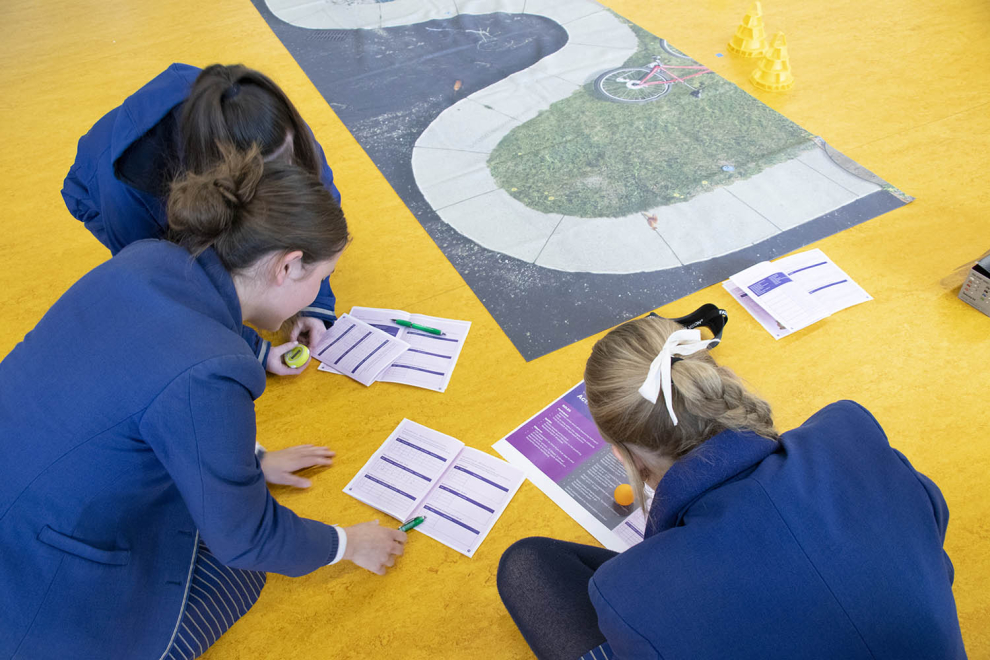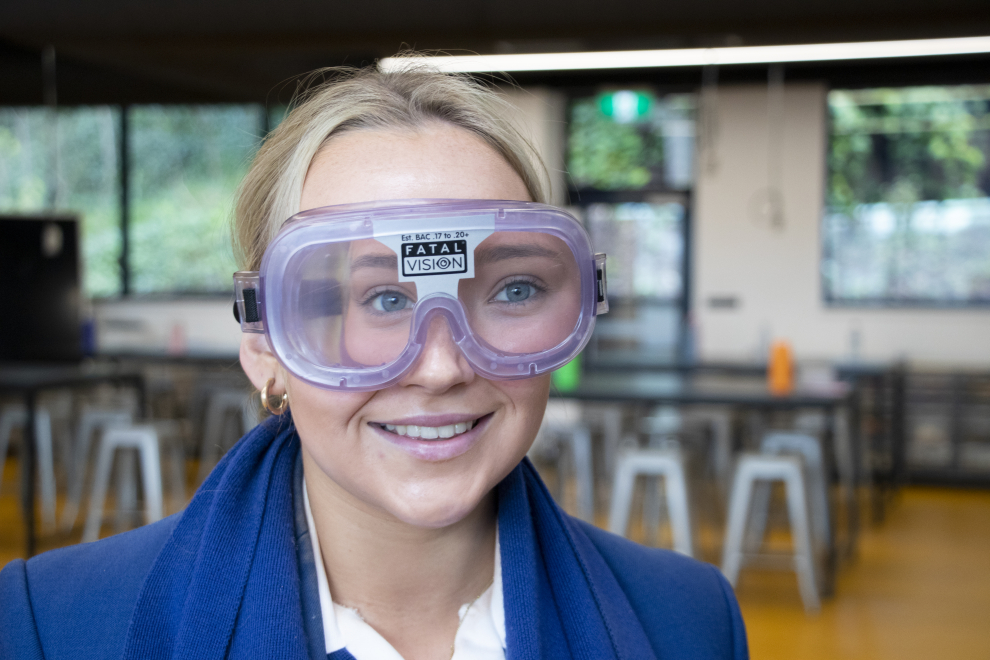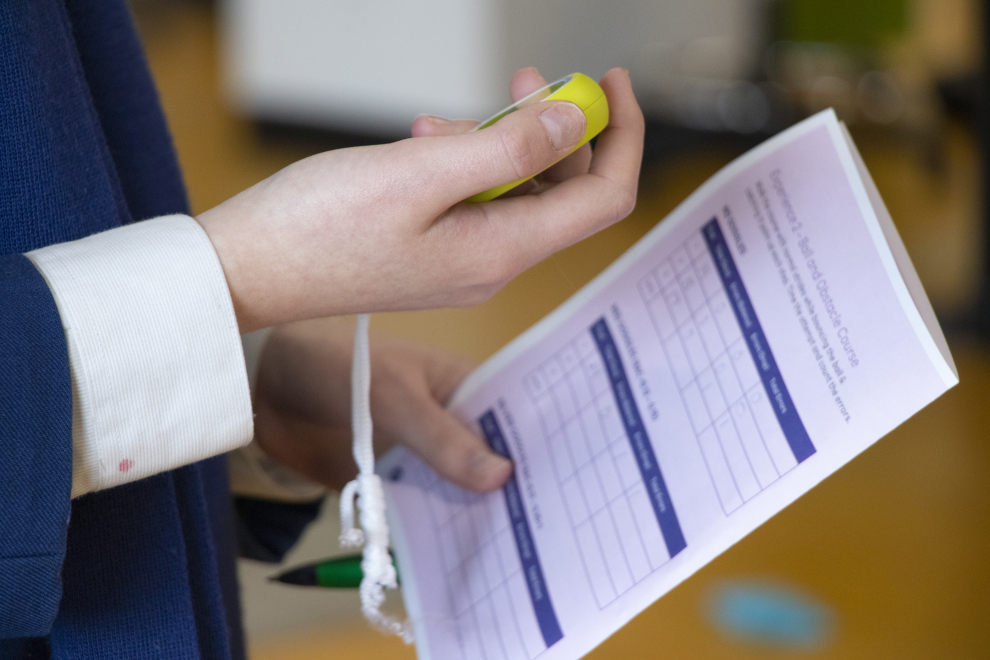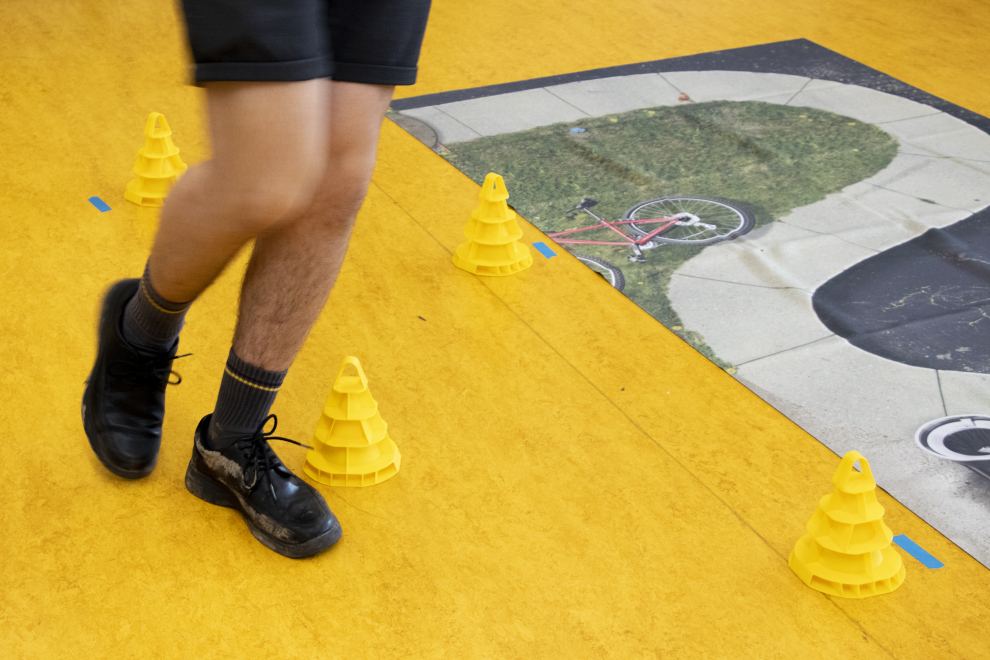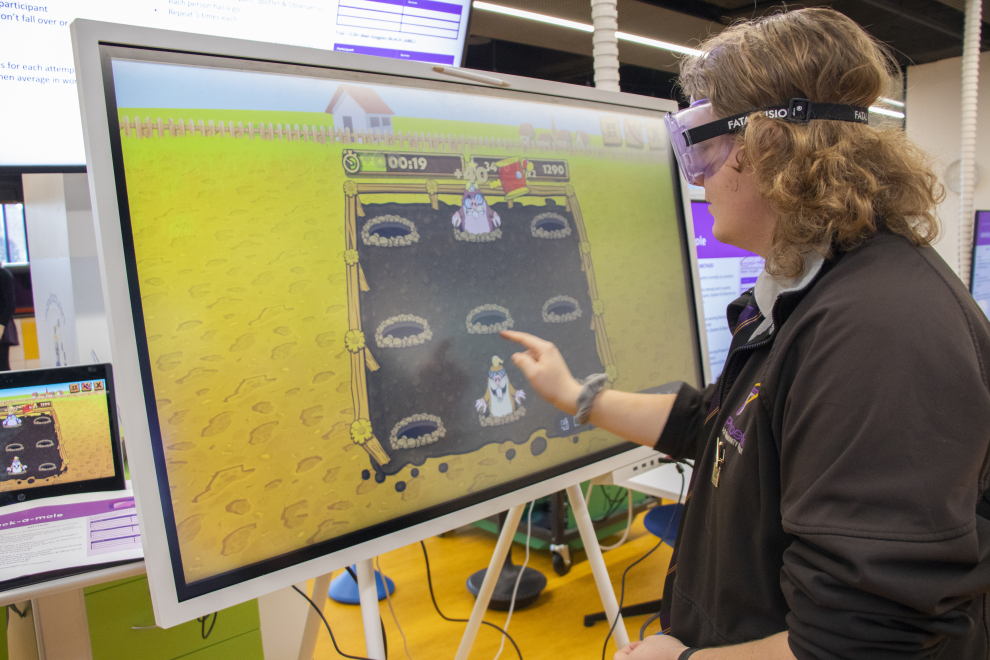Consciousness can be thought of as operating on a continuum, and altered states can occur naturally (e.g. sleep, daydreaming) or be induced (e.g. alcohol, anesthesia). Measuring these states usually involves methods like Electroencephalography (EEG) and speed and accuracy assessments.
Both sleep deprivation and alcohol-induced states impact cognitive, emotional, and behavioral functions. A full night’s sleep deprivation (24 hours) is akin to a BAC of 0.1, while a BAC of 0.05 corresponds to 17 hours of partial sleep deprivation within 24 hours.
In this program, students use Fatal Vision “beer” and “drowsiness” goggles to simulate altered consciousness states. This allows them to compare the effects of sleep deprivation and alcohol induced states, deducing emotional and cognitive changes. Activities offer an engaging and enjoyable way to generate primary data for subsequent analysis and evaluation.
Pre-visit learning includes an understanding of consciousness and sleep across the lifespan. It’s useful to have introduced key science skills including; hypothesis, independent & dependent variables, controlled variables, extraneous variables.


